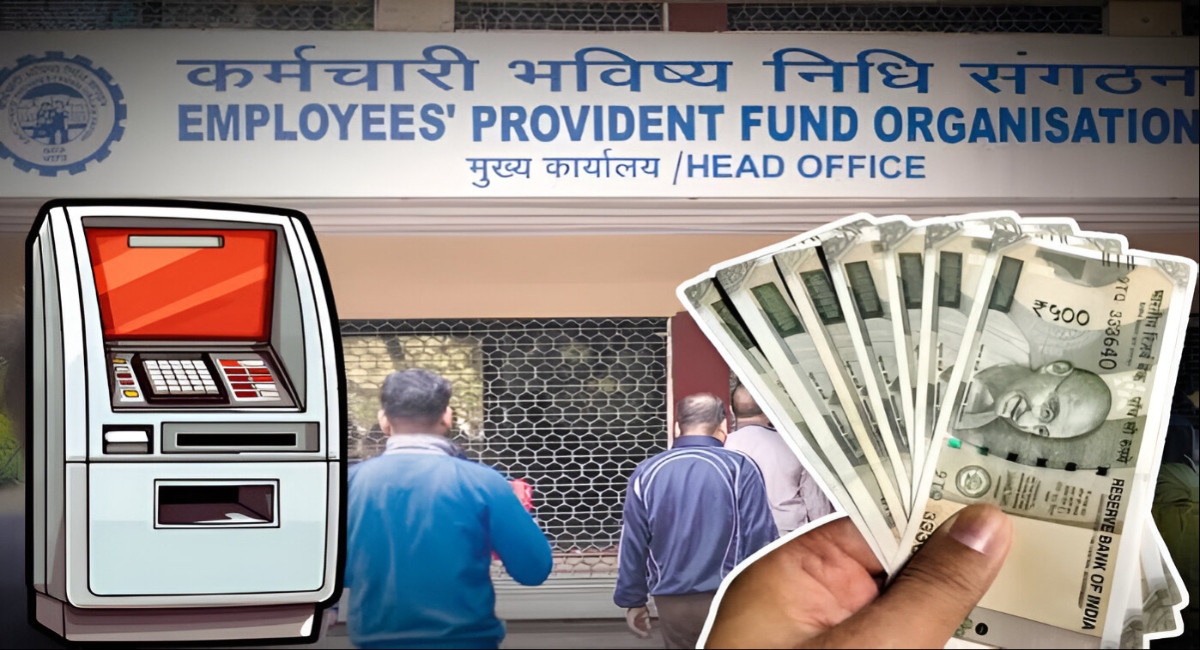Your chances of obtaining a credit card or loan with advantageous conditions are significantly increased by having a good CIBIL score. Knowing what actions you can take to increase your creditworthiness is crucial. You may raise your credit score and build a good credit history by handling and repaying various forms of credit properly. Here are 10 practical ways to help you create a healthy credit profile if you want to raise your CIBIL score. Let’s first examine what the CIBIL score is.
Understanding Your CIBIL Score
CIBIL, or Credit Information Bureau India Limited (also known as TransUnion CIBIL), is the most widely accepted credit score provider in India. When you apply for a loan or credit card, lenders consider your CIBIL score. To create a credit score that represents a person’s creditworthiness, it collects financial data from banks, NBFCs, and other lending organisations. Better loan terms, such as lower fees and a higher chance of acceptance, are associated with higher scores.
The CIBIL score ranges from 300 to 900, with the following classifications:
| CIBIL Score | Creditworthiness |
| 750-900 | Excellent |
| 700-749 | Good |
| 650-699 | Fair |
| 350-649 | Needs Improvement |
| 300 or lower | Immediate Action Needed |
10 Steps to Improve Your Credit Score
- Review Your Credit Report: Obtain a copy of your CIBIL report and carefully examine it for any errors or unauthorized inquiries. If you find any discrepancies, raise a dispute with CIBIL to have them rectified.
- Build Credit (If You’re New to Credit): If you have no credit history or a severely damaged score, consider taking a small personal loan and making timely payments to slowly build your credit score.
- Make Timely Payments: Timely EMI payments are essential for maintaining a good CIBIL score. Consistently pay your loan EMIs and credit card bills on time and in full. Delayed payments are noted in your CIBIL report and can significantly lower your score. Set up automatic transfers from your bank account to ensure timely payments and avoid bounce charges.
- Avoid Multiple Loan Applications: Refrain from applying for too many loans or credit cards in a short period. Each application results in a hard inquiry, which can negatively impact your score. These inquiries remain on your report for seven years. Having no credit history or relying on only one type of credit can hinder your CIBIL score improvement.
- Diversify Your Credit Mix: Demonstrate responsible credit management by utilizing a mix of credit products, such as credit cards, secured loans, and unsecured loans. Diversify your credit portfolio by borrowing a mix of secured and unsecured credit.
- Maintain a Low Credit Utilization Ratio: Keep your credit utilization ratio (the amount of credit you use compared to your total available credit) below 30%. Exceeding this limit can make you appear credit-hungry and negatively affect your score.
- Avoid Settling Loans: If you’re unable to pay your dues, avoid settling the loan for a smaller amount. Settling a loan significantly damages your credit score. Instead, contact the lender and try to work out a payment plan. If you have previously settled loans, try to pay the remaining dues to get them closed.
- Plan Your Loans in Advance: Before applying for a loan, use an EMI calculator to determine the monthly payments and ensure you can comfortably afford them. This will help you avoid missed payments and improve your credit score.
- Clear All Existing Debt: Outstanding debt negatively impacts your CIBIL score. Prioritize clearing your debts by making timely repayments or prepaying to foreclose your loans. Responsible credit usage will boost your score.
- Limit Your Credit Utilization: Utilizing too much credit suggests an inability to manage finances effectively. Stay below your credit limit and use only as much credit as you can repay. Aim to keep your credit usage below half your income amount. Consider paying your credit card balance in full each month and avoiding consistent use of your credit card up to its full limit.
Benefits of a Good CIBIL Score
- Demonstrates responsibility to lenders
- Indicates timely payment habits
- Enables negotiation of lower interest rates
- Facilitates larger loan amounts
- Increases chances of longer loan tenures
- Streamlines the loan application process
Important Considerations
Timeframe: CIBIL scores are updated every 30-45 days. You can expect your score to improve gradually as you implement these steps.
No Shortcuts: There’s no quick fix or payment option to instantly increase your CIBIL score. Improving your score requires consistent, responsible financial behavior.
Dispute Errors: CIBIL can only correct errors reported by banks or NBFCs. If you identify an error, raise a dispute with CIBIL for correction.
Bottom Line
You may raise your CIBIL score to 750 or higher and open up more financial options by following these methods and managing your credit responsibly. However, improving your score requires time and patience. Avoid making impulsive financial decisions and always use credit responsibly to maintain a good CIBIL credit score. Remember that after doing these steps, it can take anywhere from six months to a year to notice a noticeable increase in your score. Report any discrepancies to CIBIL and have them corrected promptly. Regularly review your credit report to check for mistakes like outdated or incorrect payment information.
Disclaimer: The information is covered based on the latest research and development available. However, it may not fully reflect all the current aspects of the subject matter. Moneydaily.in advises readers to visit CIBIL’s website for further information.
Recommended: PF Withdrawal: How To Withdraw Provident Fund (PF) From ATMs?










Leave a Reply